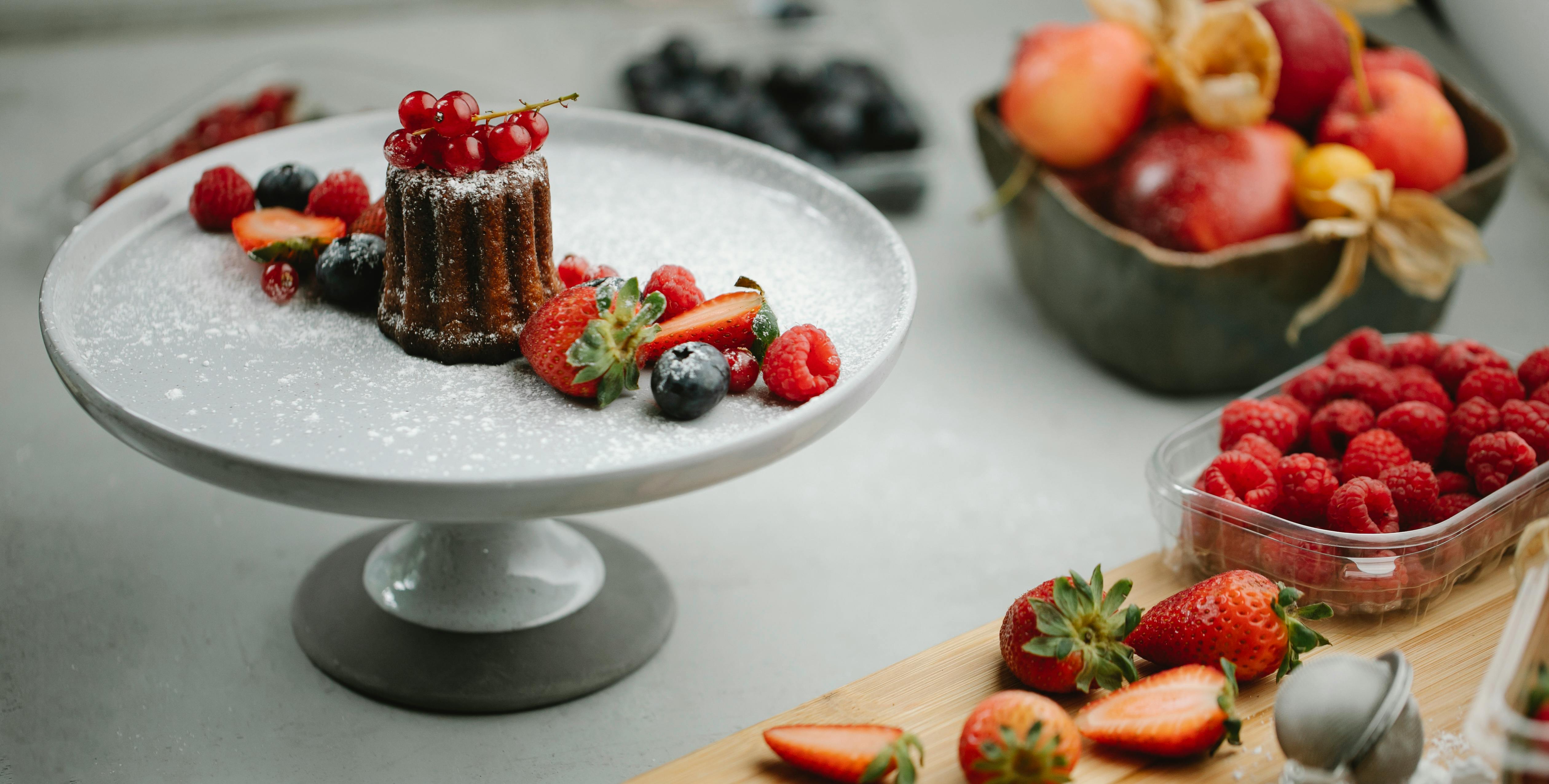Vegetable gardening in small spaces
Do not let the lack of space be a reason or an excuse for not having a garden in your house. Thousands of people are in the same situation as you and that is that the space they have available to grow fresh fruits, vegetables and herbs from seeds is very limited.
Maybe you live in a big city and available land is scarce, or you live in a condo or apartment and the only thing available to you is a yard. Either way, there are some great solutions to help you get through this. You can be growing your own fresh vegetables in no time.
I recently spoke with Tracy Godsey, who runs the small container blog Eden’s Container. Tracy began her small-space gardening adventures when growing fruits, vegetables, and herbs in containers was all she could do with the limited space in her apartment, which consisted mostly of a balcony.
“I currently grow herbs on my patio, including basil, parsley, oregano, thyme, mint, and chives. Basil and parsley are the only plants that don’t overwinter in my outdoor pots,” says Tracy. “In a vegetable garden, full-size plants can grow in any pot that holds 3 to 5 gallons of soil. Large plants like tomatoes need 5 gallons, while shallow-rooted plants like lettuce can survive in a 3 gallon pot. Even smaller plants like radishes can grow well in trays and produce a harvest very quickly. If you don’t have a container handy, you can make one by filling a plastic tube (such as a garbage bag or plastic wrap). of bread) with potting soil. These types of tubes are known as grow bags.”
Tracy reminded me of a very important factor that I hadn’t thought of and that was the weight of what you are growing. If you’re on a second-story balcony where weight will be an issue, Tracy recommends, select smaller heirloom varieties and grow them in hanging baskets.
Just because you’re limited in space doesn’t mean you’re limited in what you can grow. Remember to select the fruits, vegetables, and herbs that you and your family will eat. Since space is at a premium, you don’t want to waste anything with items that will be thrown away. Be careful not to overwater your items in the bins, and make sure your bins have proper drainage holes. To guard against losing dirt through those drain holes, use coffee filters in the bottom or paper towels. Both options allow the passage of water but not dirt.
We have one final note, “never put ordinary soil in containers, only potting soil,” says Tracy. “You will be much more successful since the soil is already formed to grow potted plants.”
Now it’s your turn to roll up your sleeves, get some containers, fill them with potting soil, and plant the seeds of your favorite fruits, vegetables, and herbs. That space, or in this case the lack of it, does not prevent you from eating fresh from the garden.
